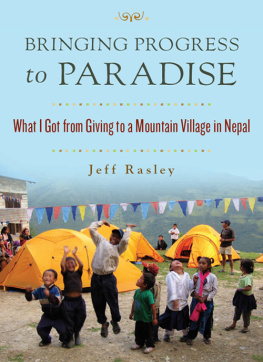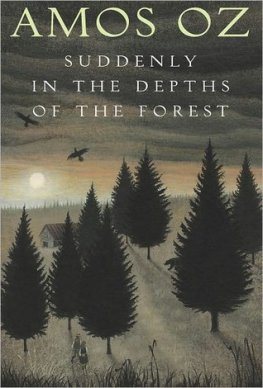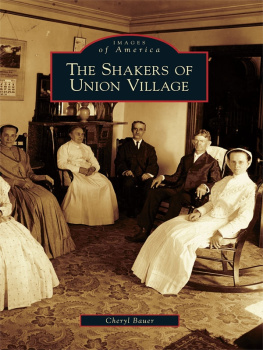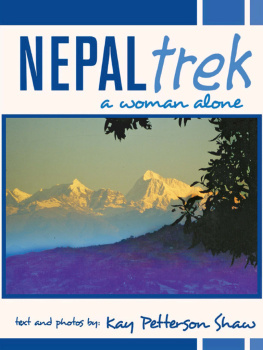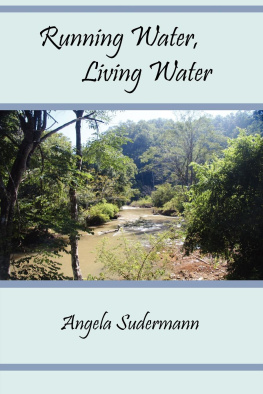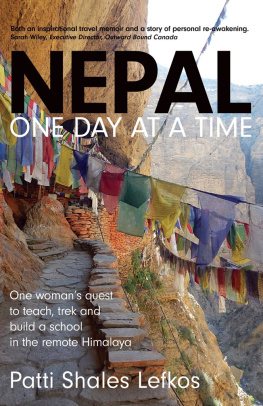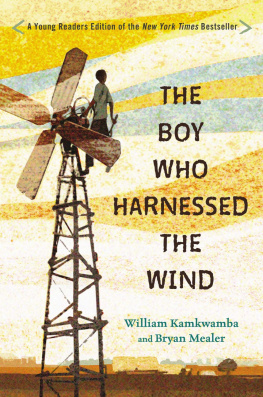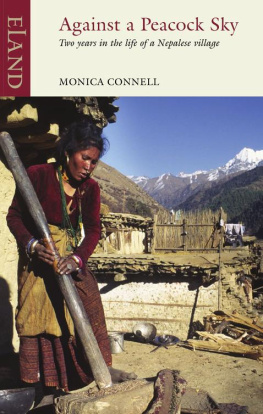Jeff Rasley - Bringing Progress to Paradise: What I Got from Giving to a Mountain Village in Nepal
Here you can read online Jeff Rasley - Bringing Progress to Paradise: What I Got from Giving to a Mountain Village in Nepal full text of the book (entire story) in english for free. Download pdf and epub, get meaning, cover and reviews about this ebook. year: 2010, publisher: Conari Press, genre: Politics. Description of the work, (preface) as well as reviews are available. Best literature library LitArk.com created for fans of good reading and offers a wide selection of genres:
Romance novel
Science fiction
Adventure
Detective
Science
History
Home and family
Prose
Art
Politics
Computer
Non-fiction
Religion
Business
Children
Humor
Choose a favorite category and find really read worthwhile books. Enjoy immersion in the world of imagination, feel the emotions of the characters or learn something new for yourself, make an fascinating discovery.
- Book:Bringing Progress to Paradise: What I Got from Giving to a Mountain Village in Nepal
- Author:
- Publisher:Conari Press
- Genre:
- Year:2010
- Rating:3 / 5
- Favourites:Add to favourites
- Your mark:
Bringing Progress to Paradise: What I Got from Giving to a Mountain Village in Nepal: summary, description and annotation
We offer to read an annotation, description, summary or preface (depends on what the author of the book "Bringing Progress to Paradise: What I Got from Giving to a Mountain Village in Nepal" wrote himself). If you haven't found the necessary information about the book — write in the comments, we will try to find it.
In October 2008, climbing expedition leader and attorney, Jeffrey Rasley, led a trek to a village in a remote valley in the Solu region of Nepal named Basa. His group of three adventurers was only the third group of white people ever seen in this village of subsistence farmers. What he found was people thoroughly unaffected by Western consumer-culture values. They had no running water, electricity, or anything that moves on wheels. Each family lived in a beautiful, hand-chiseled stone house with a flower garden. Beyond what they already had, it seemed all they wanted was education for the children. He helped them finish a school building already in progress, and then they asked for help getting electricity to their village.
Bringing Progress to Paradise describes Rasleys transformation from adventurer to committed philanthropist. We are attracted to the simpler way of life in these communities, and we are changed by our experience of it. They are attracted to us, because we bring economic benefits. Bringing Progress to Paradise offers Rasleys critical reflection on the tangled relationship between tourists and locals in exotic locales and the effect of Western values on some of the most remote locations on earth.
This is an inspiring and thoughtful book, presenting - in graphic detail - the authors treks to Basa 6, a tiny village in the Himalayas, to bring a school and hydroelectricity to the villagers, out of love for their beautiful culture and warm receptivity to his efforts. But the central issue ... not resolved in the pages of the book, demanding a sequel, is the question of whether the Progress... might lead to some degree of corruption of their way of life, a consumerist, Western-oriented degradation of a spiritual depth and sensitivity to their surroundings - the beautiful Himalayas, their tradition of flower-beds around every home. Will the flowers spoil? Or is that a truly paternalistic question - leaving a quaint village in periodic food shortages, a precious museum for the rare Westerner to come across, off the beaten path of the Sherpa-guided mountaineering treks? The question is partially answered: he determines to go ahead with fund-raising efforts, since the villagers clearly want the benefits brought by Internet-capable education for their children, and who is he, after all, to deny what he can provide? But the question remains open. I can hardly wait for the necessary follow-up in the next book of the series. John McLaughlin, PhD.
Bringing Progress to Paradise is the first in the sequence of books about Rasleys adventures in the Himalayas and his unique relationship with the Edenic village of Basa, Nepal.
Other books by Jeff Rasley -
If you are interested in learning the rest of the story of Basa Village, read Light in the Mountains
To understand where 3 Cups of Tea went wrong, read Nepal Himalayas - in the Moment
Want to get out of the snow and mountains and onto sandy beaches and swaying palms, check out the lyrical Islands in my Dreams
For a change of pace curl up with False Prophet? a legal-political thriller, romantic mystery and inspirational tale based on a legal case Rasley handled in his Indianapolis law practice.
If you enjoy sports action, history, humor and/or the sex/drugs/rock & roll cultural revolution of the 60s, check out MONSTERS OF THE MIDWAY: The Worst Team in College Football?
Jeff Rasley: author's other books
Who wrote Bringing Progress to Paradise: What I Got from Giving to a Mountain Village in Nepal? Find out the surname, the name of the author of the book and a list of all author's works by series.

